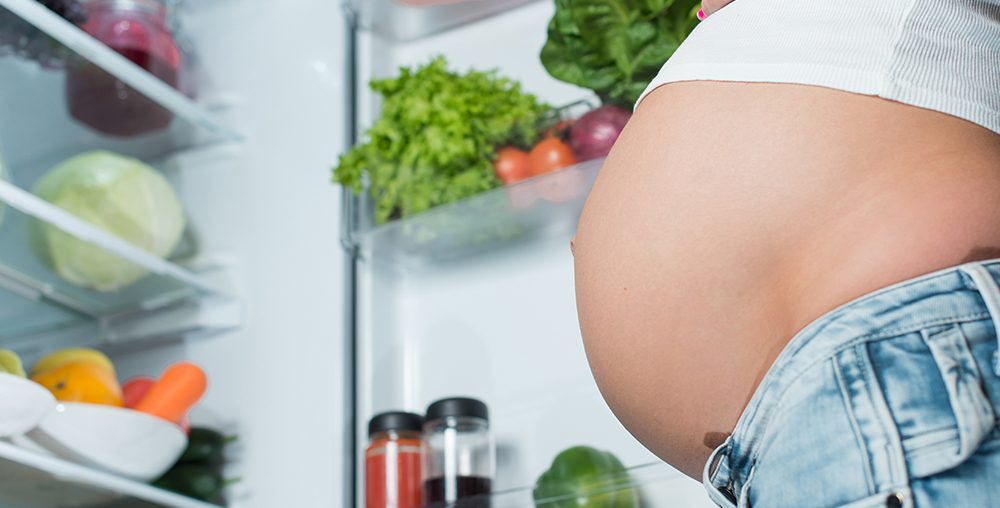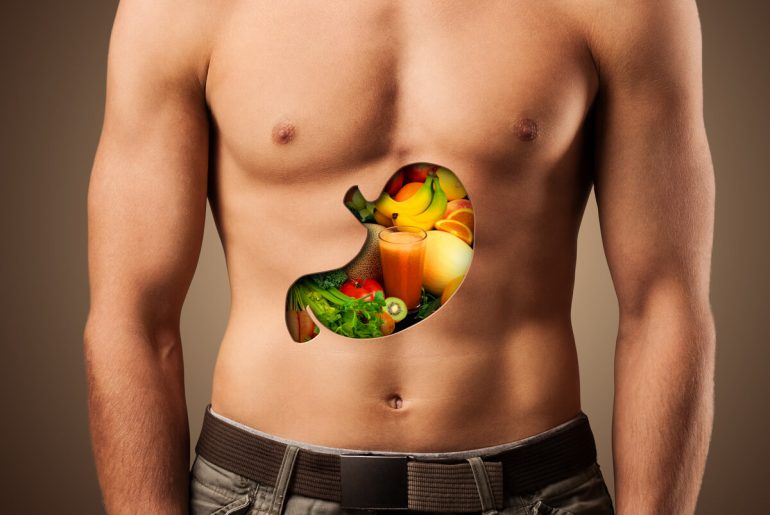Following a proper pregnancy diet is essential for the baby’s growth. Every mom- to-be should be educated on the benefits of eating nutrient rich food and maintaining a healthy diet for the whole nine months of pregnancy.
But what are the most essential foods to eat during pregnancy ? Here is a low down on the various things expecting mothers should know:
What are the big 5 nutrients I should be taking?
Iron , Folic Acid, Zinc, Calcium and Fibre.
An iron supplement is essential as only 10% of iron from your diet gets absorbed. To increase its absorption, take Vitamin C tablets; they boost iron absorption from the gut. Foods rich in iron are beets, green leafy vegetables like spinach, pomegranate, jaggery, cabbage, etc.
Folic Acid: This vitamin helps to reduce the neural tube defects like spina bifida by 70%. It is to be taken from conception up to the initial 6 weeks of pregnancy. It is extremely essential to maintain healthy brain and nervous system development of the baby. Foods rich in folic acid are lentils, beans, nuts, citrus fruits and green leafy vegetables. Opt for folic acid supplement if you are not particularly fond of your greens.
Zinc deficiency during pregnancy is associated with growth defects and premature delivery. Zinc is commonly found in nuts and legumes, but is in abundance in meat and seafood.
Your Calcium requirement plays an important role in the second and third trimester when the teeth and bone growth of the baby is at its peak. The baby takes in calcium from the mother’s body so stack up on this important nutrient from dairy products, green leafy vegetables etc.
Fibre (found in vegetables, grains and fruits) is important for increasing roughage to avoid problems like constipation due to piles.
The important 5 food groups that should not be neglected:

All pregnant women diet should contain these major 5 food groups for healthy baby growth.
- Fruits – preferably fresh , but canned, frozen dried also count. 100% juice will also do
- Grains – oatmeal , bread, pasta
- Vegetables – Prefer to use fresh produce
- Proteins – meat, egg, poultry, peas, beans, nuts, seeds are all good sources of proteins
- Dairy -The dairy group consists of milk and milk products like cheese, ice cream and yoghurt
Do I need omega 3 fatty acids?
Yes absolutely! Omega 3 fatty acids help in neurological development before birth and help to improve vision, language comprehension and memory in early childhood. It also helps to reduce post-delivery depression.
Walnuts, flaxseed oil and fish oil supplements are good sources of omega 3 fatty acids.
should I be ‘eating for two’?
The answer is no. More than half the pregnant women put on too much weight during pregnancy due to the ‘eat for two’ concept, raising chances of gestational diabetes in pregnancy and giving birth to grossly overweight babies and making the baby’s delivery very difficult. Maintain a healthy BMI (Body Mass Index) and eat only until you feel full and not more. If you’re pregnant with a single baby, you will need 340 calories extra per day in the second trimester and around 450 extra calories in the third.
what foods should i avoid during pregnancy?

- Unpasteurized dairy products like raw milk and cheese, raw fish and meat may be harmful for the baby. Always eat cooked food.
- Avoid fish like mackerel, shark or other big seawater fish type that may contain high levels of mercury
- Commercially produced, processed foods should be avoided due to their high salt and sugar content
- Alcohol in any quantity is harmful for the baby as it crosses the placenta affecting the baby’s growth
- Smoking during pregnancy should be discontinued and resumed only after the obstetricians approval
Exercise during pregnancy:
Most exercise routines are safe during pregnancy, but make sure you don’t go overboard. If there is a medical problem like heart or respiratory illnesses or if there’s bleeding from cervix or spotting, avoid exercise. Before beginning any exercise regime, always consult your OB-GYN.

Perform exercises that lightly stretch the muscles in the body like lunges, modified push ups and heel raises with minimum effort from your end.
Watch this video to help you keep healthy and fit during pregnancy.
Quick tips to remember:
- Drink 10-12 glasses of water daily
- Eat every 2-3 hours
- Don’t eat raw. Maintain food safety
- Dont overeat
- Eat a rainbow of foods





